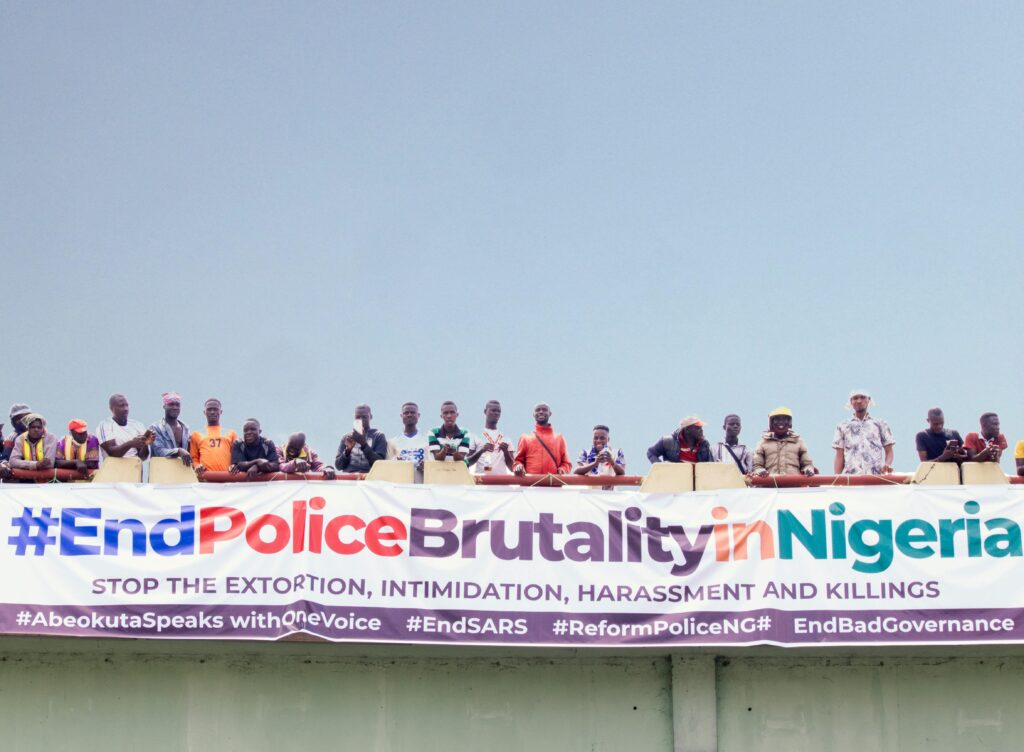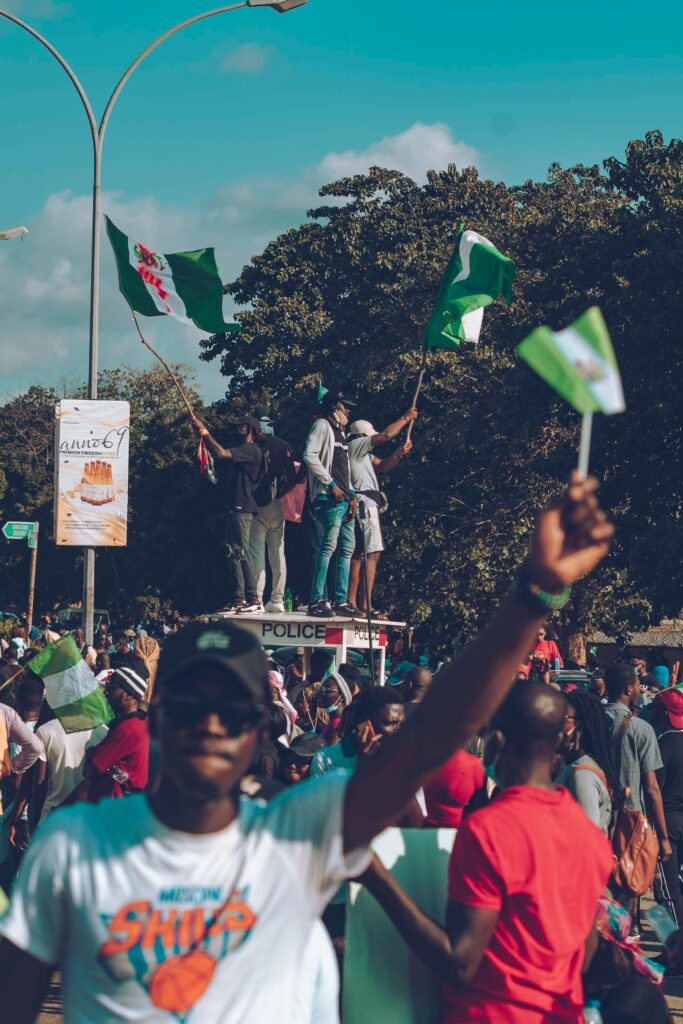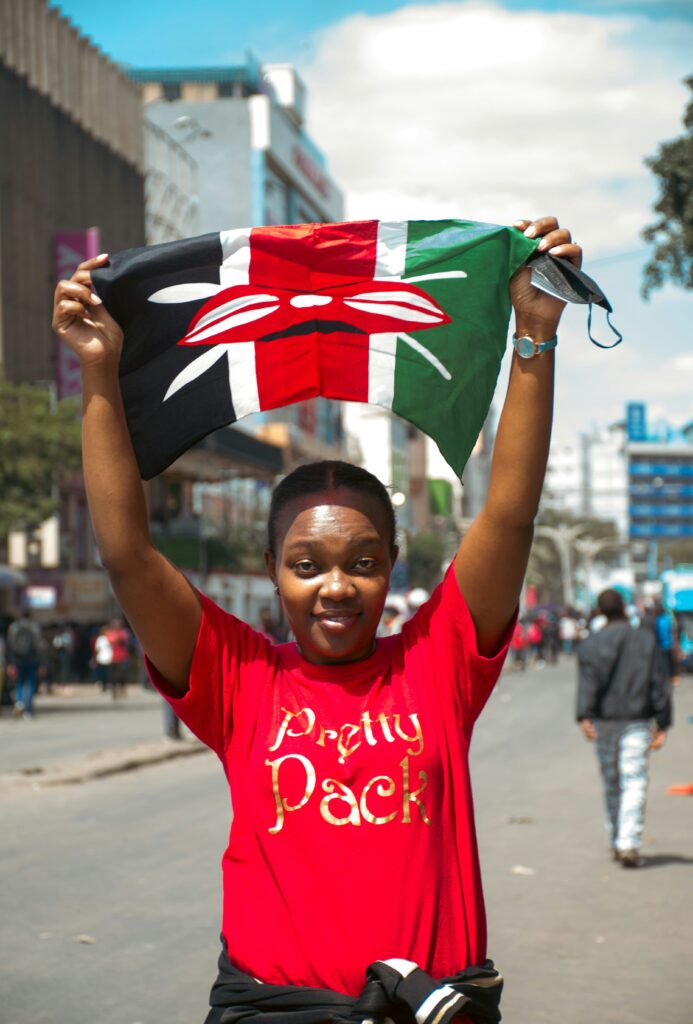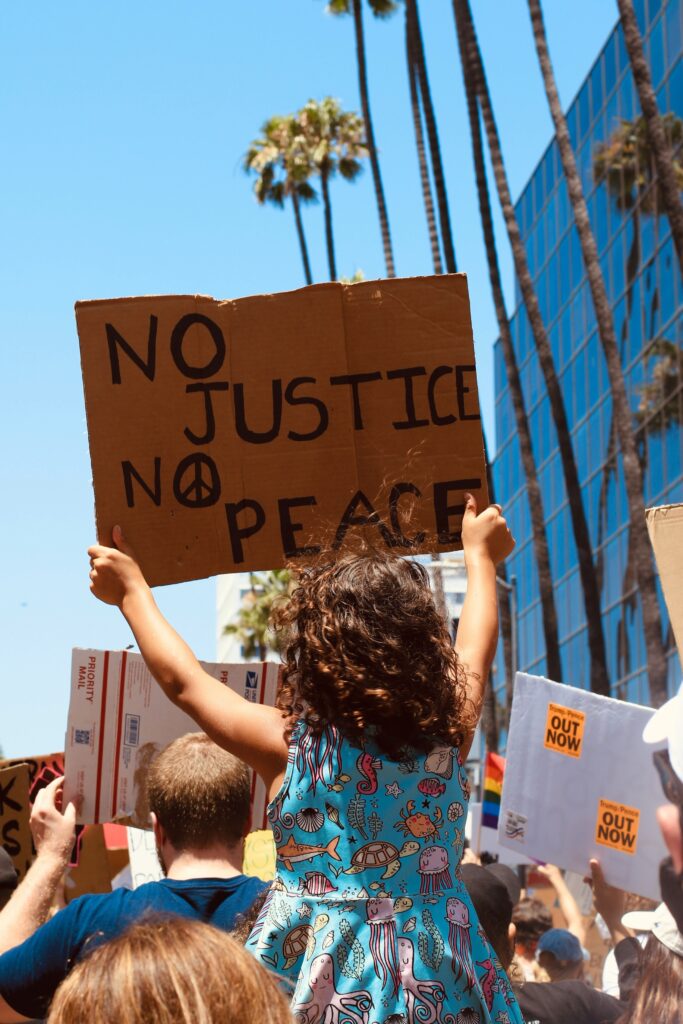Access to justice remains a distant dream for millions across Africa. For many, formal court systems are expensive, slow, and intimidating. Legal representation is scarce, and rural communities often have to travel long distances to reach the nearest court. In such contexts, justice delayed is not just justice denied—it’s justice forgotten.
Rwanda’s Gacaca courts offer one of the clearest examples of how communities can reclaim justice. After the 1994 genocide, the formal judiciary was overwhelmed. Thousands of cases languished without trial. The Gacaca system, rooted in traditional dispute resolution, brought people together in open-air gatherings where local judges heard testimonies, passed judgments, and encouraged reconciliation. In less than a decade, these courts resolved over a million cases—something the formal system could never have achieved in that time frame.

The benefits of such systems are clear:
- Speed: Local hearings mean cases move quickly, avoiding years of backlog.
- Cultural relevance: Decisions reflect the values, norms, and lived realities of the community.
- Relationship restoration: By focusing on dialogue and restitution, communities heal rather than fracture further.
But these grassroots systems aren’t without challenges. Maintaining fairness requires vigilant oversight to prevent bias or favoritism. Political interference can undermine their legitimacy, turning a people’s court into a political tool.
A growing number of countries are exploring hybrid models, blending traditional processes with formal legal safeguards. These models ensure community courts remain rooted in local culture while meeting human rights standards.
Why it matters:

Justice is more than the absence of crime; it’s the presence of fairness, trust, and accountability. By making justice accessible and relevant at the grassroots, communities lay the groundwork for lasting peace, stronger social bonds, and sustainable development.


